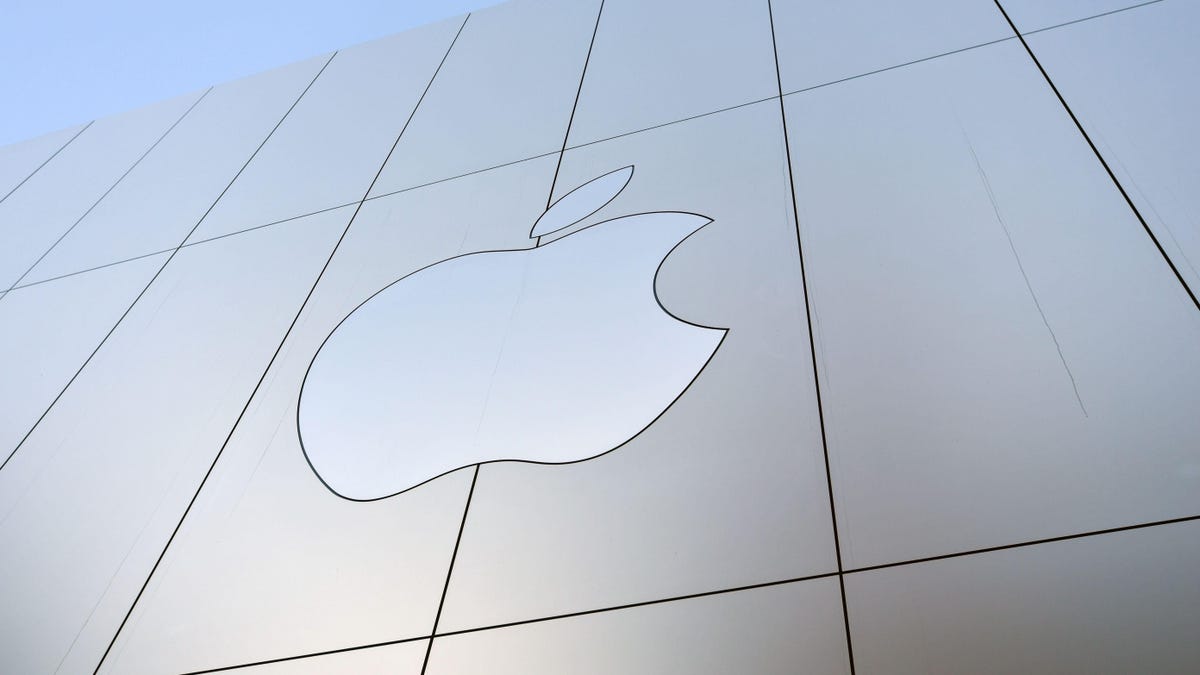
It’s no secret that Apple can be a control freak about, well, pretty much everything. The company’s attitude apparently extends to the states it’s signed contracts with to roll out digital IDs on the Wallet app, even though you would expect governments to push back on that sort of thing.
A report based on confidential contract documents obtained by CNBC and published on Sunday purportedly describes just how stringent Apple can be when going into business with others, although in this case the states involved—Georgia, Arizona, Kentucky, and Oklahoma—won’t pay the company to give it their residents’ data. The signed contracts were “virtually identical” across states, the outlet reported, and were obtained through public records requests.
The CNBC investigation only obtained contracts for the four states above, but it should be noted that a total of eight states, including Connecticut, Iowa, Maryland, and Utah, have agreed to roll out digital IDs with Apple.
Besides the allocation of resources, Apple was reportedly prescriptive on a lot of other matters, as well.
It’s Apple program, don’t forget that
This is Apple’s program, and it wants to be involved in every part of it. According to CNBC, the contracts with the states reveal the company has “sole discretion” of key aspects of the program. These aspects include the devices compatible with digital IDs, how states are to report on the program’s performance, the program’s launch date, and its required marketing.
G/O Media may get a commission
In addition, Apple is making states comply with security protocols outlined by the International Organization for Standardization for mobile driver’s licenses. The company played an “active role” in the development of the standard and says it sets “clear guidelines” for protecting consumers’ privacy.
States don’t pay Apple directly, but they do pay other things
As mentioned above, money doesn’t change hands in this situation, but that doesn’t mean the digital ID program is free. Specifically, the states—and by extension, their taxpayers—are required to dole out the cash to support the launch of the program, from hiring personnel and dedicating sufficient resources to following Apple’s timeline and performing quality testing. Apple also wants someone dedicated to specifically answering its questions.
“If requested by Apple, Agency will designate one or more project manager(s) who shall be responsible for responding to Apple’s questions and issues relating to the Program,” the contract states, as reported by CNBC.
States must encourage the adoption of digital IDs among residents and other government entities
Apple is used to success, and it expects states to aim for that as well. That’s why states are required by contract to offer digital IDs to residents “proactively.” States are not allowed to charge for the digital IDs, Apple states.
But states’ job doesn’t end there. They also have to encourage the adoption of digital IDs among other state and federal government entities, like the International Revenue Service and law enforcement.
Apple is not responsible for verifying identities on digital IDs
Despite its insistence in public that digital IDs in Wallet are meant to be secure and convenient, Apple doesn’t want to get its hands dirty. It declares that it is absolutely not responsible for verifying the identities on the digital IDs.
Gizmodo reached out Apple for comment on the CNBC report on Sunday but did not receive a response by the time of publication. We’ll make sure to update this blog if we hear back.
As pointed out by CNBC, the total lack of control exhibited by the states in these contracts is baffling. Yes, it’s clear that they want access to Apple’s tech and (probably) brand reputation, but the company wants something from them, too. It wants the opportunity to provide another service to customers that makes the iPhone indispensable. Therefore, states reasonably had more leeway in negotiating than they thought.
Maybe they were starstruck, or perhaps intimidated by technology aspects of offering digital state IDs. Either way, that’s no excuse. State governments are supposed to work in the best interest of the people, but these contracts show that they only worked to get the best deal for Apple. Now taxpayers in these states are stuck paying the price.
You can read CNBC’s great investigation in full here.
